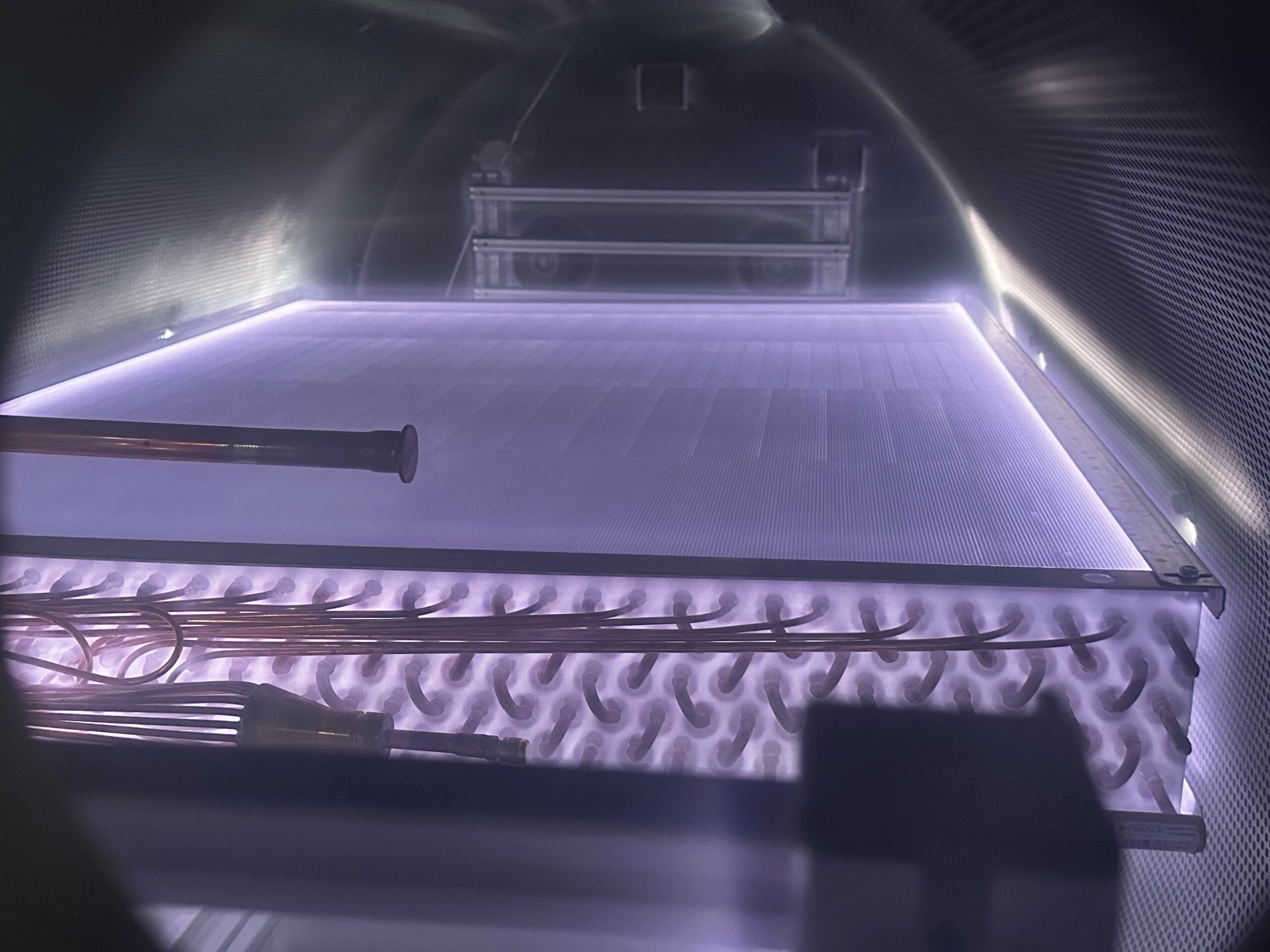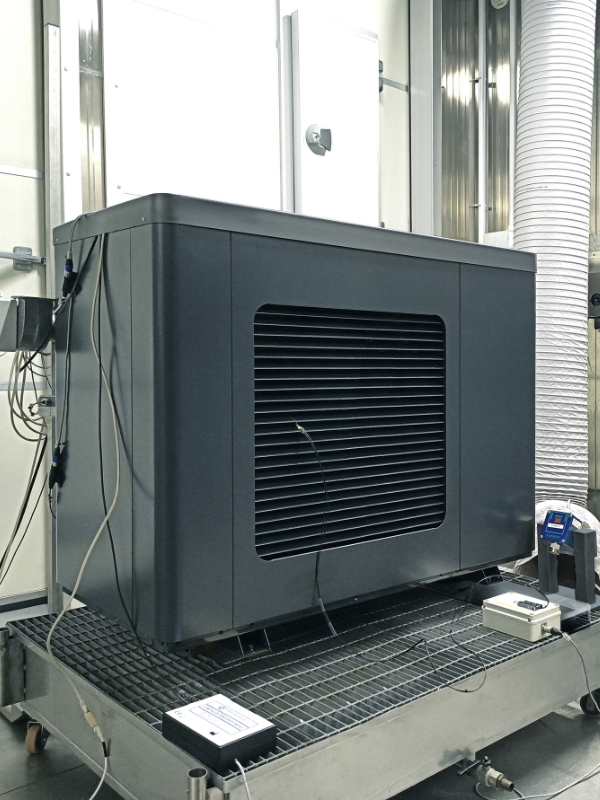What they say about us
Scientific Publications
Innovation and Research
E2Tech stands out in the field of sustainable climate control thanks to continuous research and development efforts. Two recent scientific publications, presented in collaboration with AiCARR Journal and RCI, highlight the latest technological innovations developed by our team. These studies, the result of in-depth experimental research, represent a significant step forward in optimizing heat pump performance under critical conditions and improving the efficiency of refrigeration circuits.



Plasma treatments for evaporator coils
One of the main obstacles to the efficient operation of heat pumps in critical climatic conditions is frost formation on evaporator coils. In this study, E2Tech tested innovative surface treatments applied to aluminum fins, aimed at reducing ice accumulation and improving heat exchange capacity.
Through a detailed analysis of the hydrophobicity of materials, a vacuum plasma treatment was developed that resulted in the creation of superhydrophobic surfaces. Tests carried out on real prototypes showed an increase in operating time before defrost cycles were needed, with a significant reduction in efficiency losses. This approach not only improves heat pump performance but also helps reduce energy consumption, making the system more sustainable.
March
- Superhydrophobicity: Reduces ice formation
- Efficiency: Fewer defrost cycles, better performance
- High performance: Tests confirm high efficiency

Innovative refrigeration circuit for residential heat pumps
The goal of this research was to develop an advanced refrigeration circuit capable of ensuring high performance even at elevated temperatures and enabling monovalent use, eliminating the need for auxiliary heat generators.
The new layout, featuring a dual expansion valve system and a regenerative heat exchanger, allows for more stable and efficient operation. One of the main innovations is the ability to operate with zero superheating at the evaporator coil outlet, optimizing heat exchange with the source and reducing the need for defrosting.
Another advancement involves the thermodynamic management of heat dissipated by the inverter, which is recovered and reintegrated into the refrigeration cycle, further improving the system's overall efficiency. Laboratory and subsequent field tests confirmed top-level performance, with COP and SCOP values exceeding market standards.
March
- Dual expansion: Greater efficiency.
- Heat recovery: Optimizes superheating.
- High performance: Tests confirm high efficiency.
